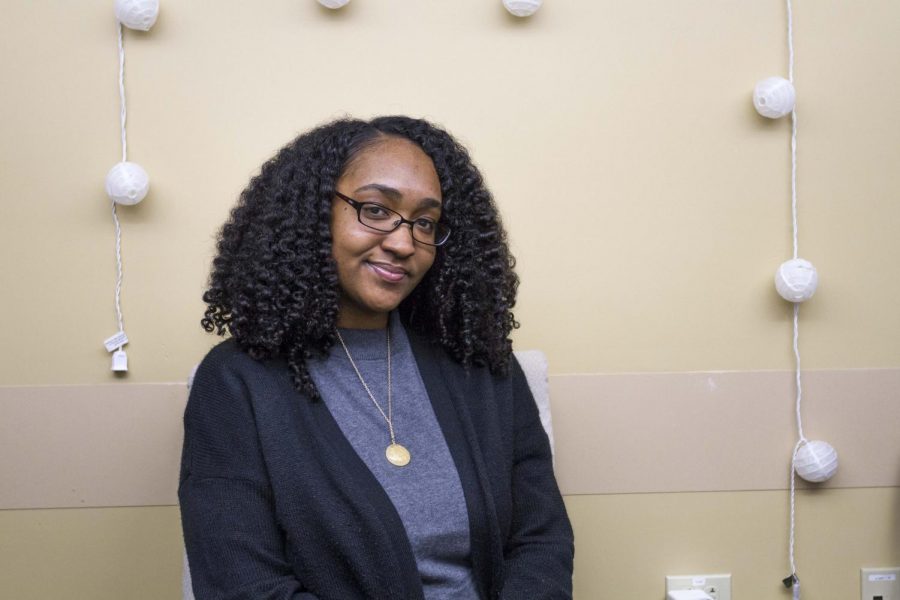Books for lasting change: student to host book drive for Illinois inmates
May 1, 2018
The recidivism rate for prison inmates is incredibly high, with almost 75 percent returning to incarceration after release. It has been shown, though, that something as simple as providing books to inmates can dramatically decrease their chances of reincarceration. One College of DuPage (COD) student is hoping to give citizens who have served their time the opportunity to become productive members of society.
From May 3 to 17, COD student Lailah Williams will lead an effort to collect books for people in jail. A bin will be placed in front of the Starbucks where books can be dropped off.
“Books are extremely important for prisoners because it gives them something to do and expand their mind,” said Williams. “It also helps decrease the recidivism rate, the rate of them going back [to jail], by 43 percent.”
All books collected will be distributed to prisons throughout the midwest with the help of Midwest Books to Prisoners, a non-profit organization that emphasizes rehabilitation through reading for inmates.
Williams was inspired to organize a book drive after learning about how prisons banned certain books from jail property in her English class.
“My professor came up with the initial idea, and I said, ‘Sure, why not?’” said Williams. “If I can do something as simple as shipping them books, then why shouldn’t I?”
Different states have different restrictions on books that can be allowed in prisons. States like Texas, Arizona and Connecticut have all banned several books that prisoners have access to. Illinois currently does not have any banned books.
For example, the state of North Carolina has banned 591 books and 22 publishers as of 2015, including The New Jim Crow by Michelle Alexander, a book about prisoner’s rights, as well as all dictionaries and various magazines.
The book drive is William’s first time organizing a service-based project, but she has received assistance from the Black Student Alliance, which she is a member of.
“Since it is my first, it has been a different experience,” said Williams. “Getting out of my comfort zone is hard, but I know that it is for a cause that I care about, so I have to keep pushing myself towards it. I just keep thinking about the goal.”
With this book drive, Williams hopes to bring awareness to the situation at large. She hopes in the end, people will try to read more on the issue as a way to educate themselves.
“This is such a great project, and an example of how COD students can use research and scholarship to create civic engagement,” said Suzanne Wieglos, the English professor who encouraged Williams to organize the book drive.
Williams will graduate from COD at the end of the semester with an Associate of Arts degree and will transfer to Dillard University in New Orleans to pursue a degree in psychology.




















